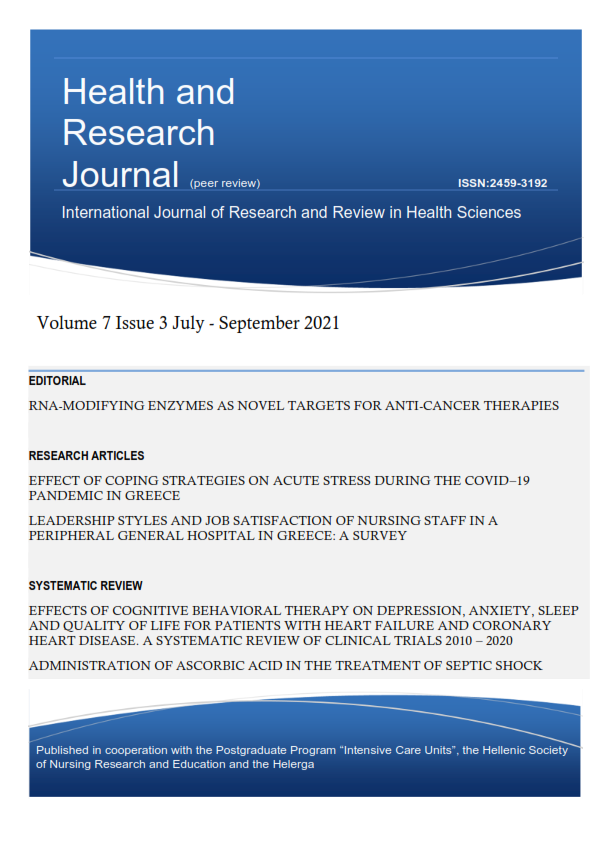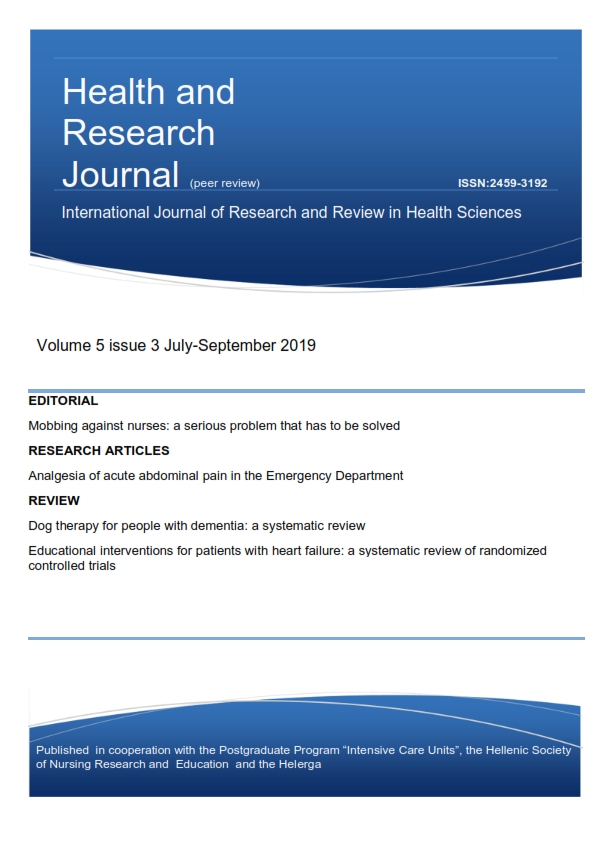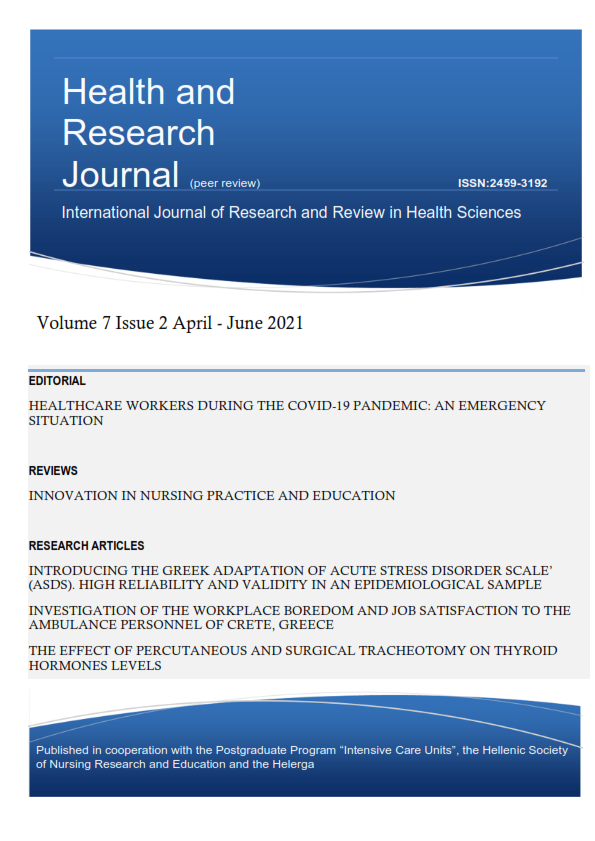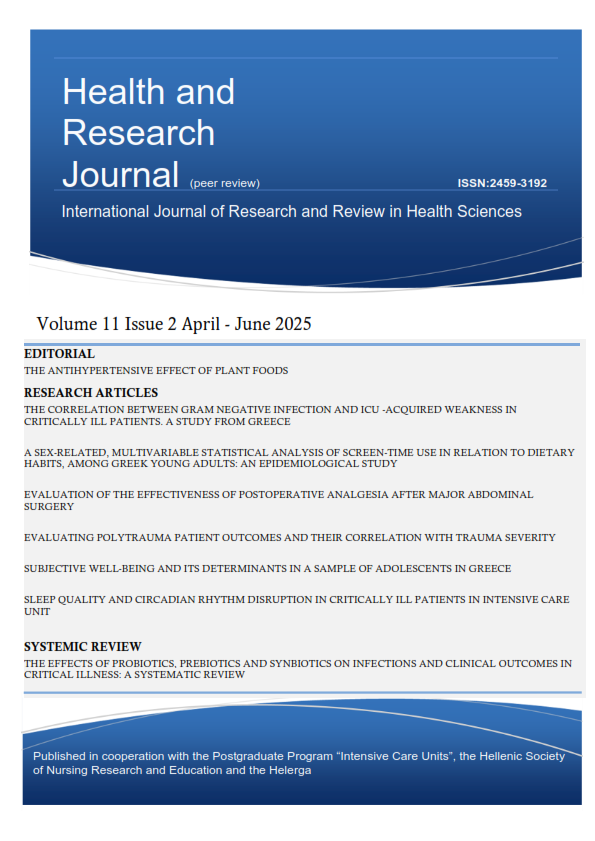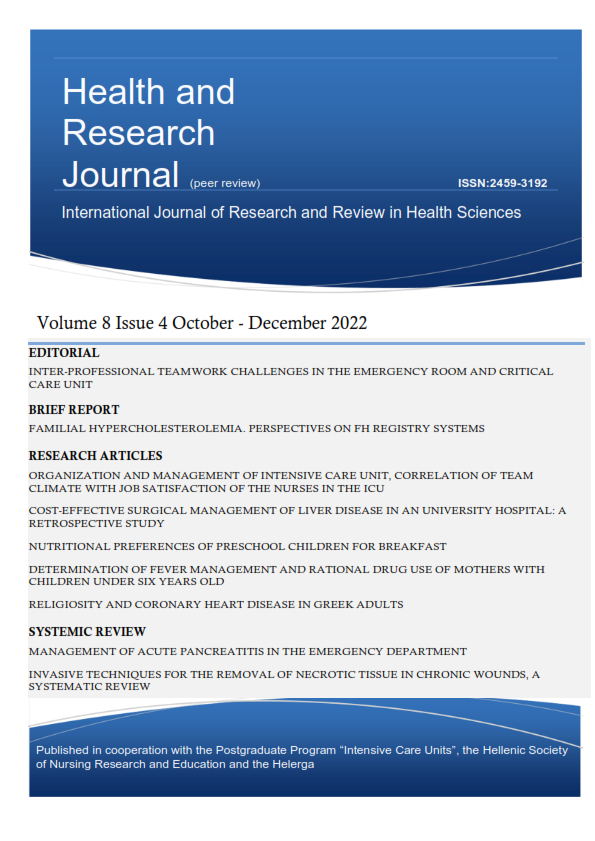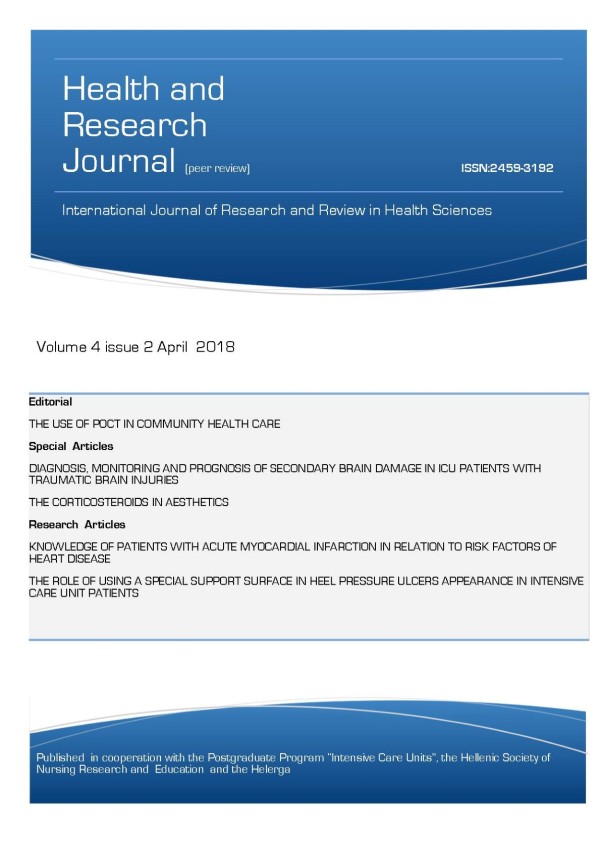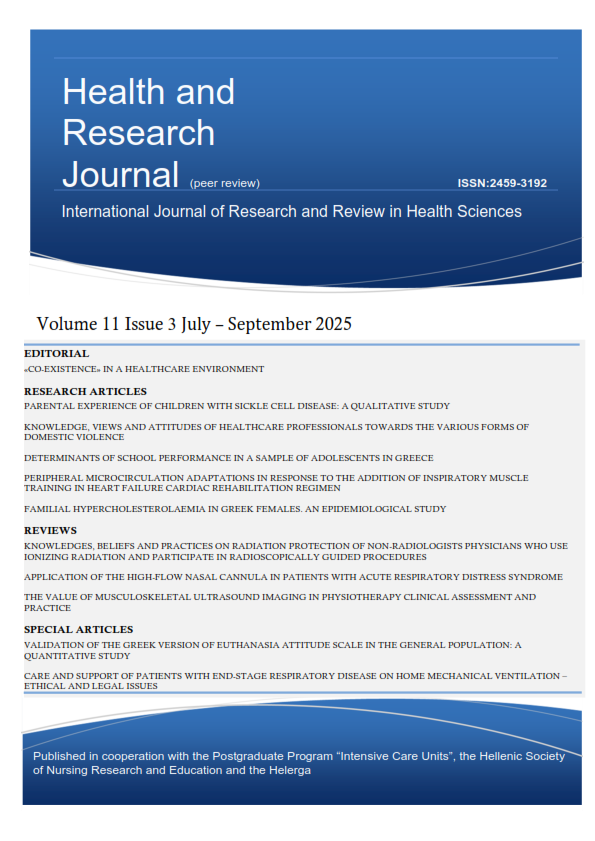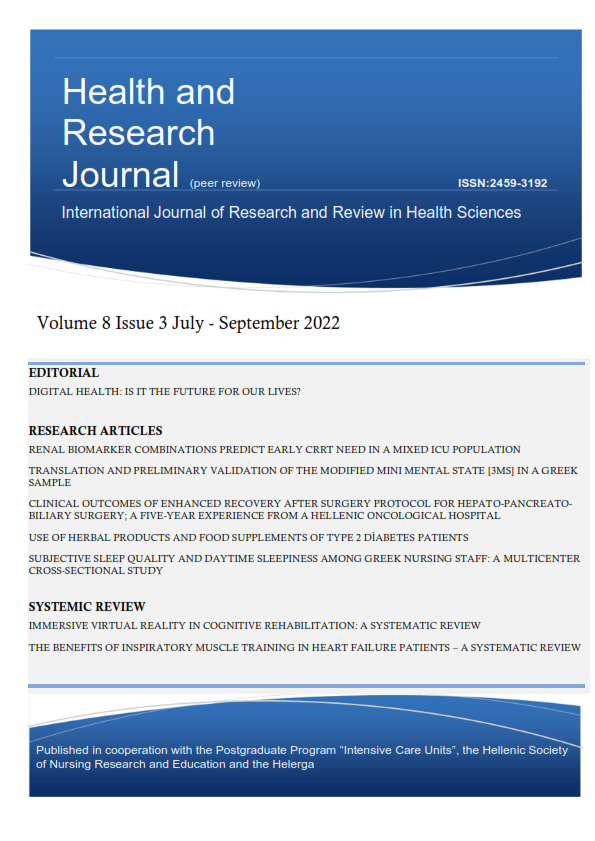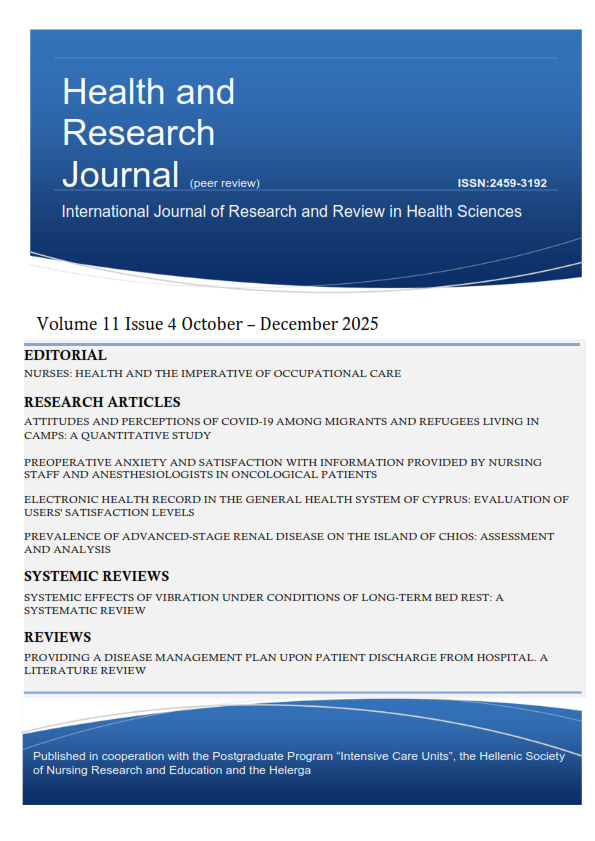Use of high-flow nasal cannula in patients with COVID-19: A retrospective study
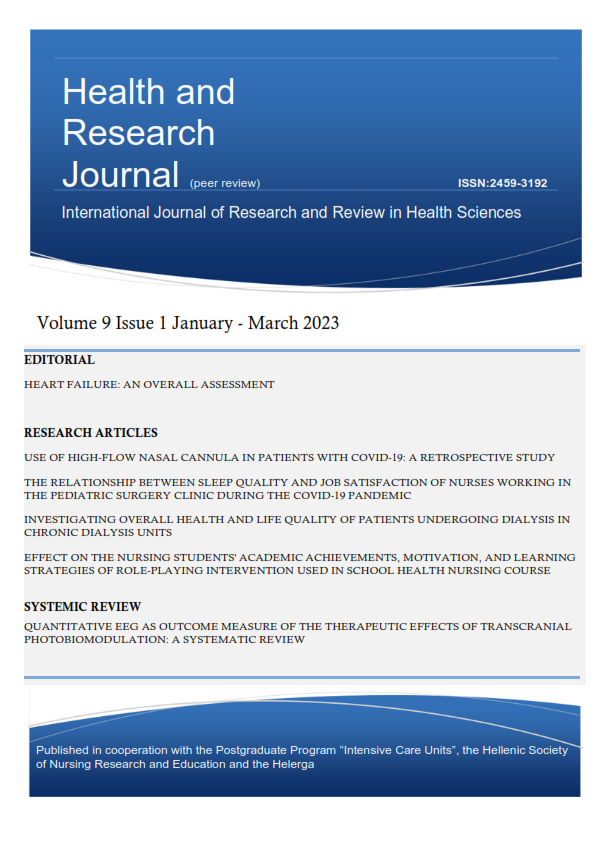
Abstract
Abstract
Background: During COVID-19 pandemia, the healthcare systems all over the world had to confront many different and complicated issues. One of them was the way to support the patients’ respiratory system. Generally, the HFNC therapy was applied in the past for respiratory support, but we did not have studies to establish its efficiency. Therefore, with the recent study, despite the small number of patients, an effort was made to apply the HFNC therapy so as to avoid intubation and invasive mechanical ventilation.
Methods: This current study is a retrospective. Patients’ medical data admitted in the Covid – 19 ward from Agios Pavlos General hospital in Thessaloniki from October 25, 2020 to May 25, 2021 were reviewed. General clinical outcomes, the success of HFNC therapy, and related respiratory support methods were evaluated.
Results: The present study included 39 patients (27 men and 12 women), whose mean age was 64,5±10,3 years old, 44% of the population had a clear medical history, and 56,4% had some comorbidities. After applying HFNC therapy, 66,7% withdrew successfully, and 33,3% were intubated. The mean time of HFNC therapy is 3,3±2,4 days, while the mean total length of hospitalization was 18,3±10,9.
Conclusions: This current study describes the application of HFNC during the COVID-19 pandemia, and the conclusion is that the use of HFNC is an effective way to treat COVID-19 infected patients but under close monitoring. It had been shown that the application of HFNC can reduce the rate of intubation and mortality. Nevertheless, the conclusions of this particular study cannot be generalized.
Article Details
- How to Cite
-
Tsolakoglou, I., Sakkou, A., Giannoulakis, A., Stergiannis, P., Karathanasi, E., & Intas, G. (2023). Use of high-flow nasal cannula in patients with COVID-19: A retrospective study. Health & Research Journal, 9(1), 5–12. https://doi.org/10.12681/healthresj.29585
- Section
- Original Articles
Copyright notice:
Authors retain copyright of their work and grant the Health and Research Journal the right of first publication.
License:
Articles are published under the Creative Commons Attribution 4.0 International License (CC BY 4.0). This license permits use, sharing, adaptation, distribution, and reproduction in any medium or format, including for commercial purposes, provided that appropriate credit is given to the author(s) and the original publication in this journal, a link to the license is provided, and any changes are indicated.
Attribution requirement:
Any reuse must include the article citation and DOI (where available), and indicate if changes were made.



